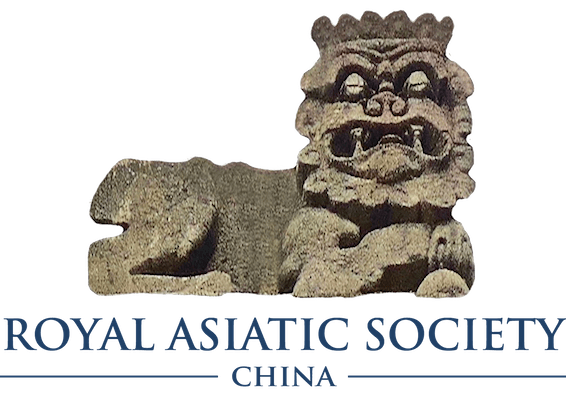RAS FILM CLUB
Ruan Lingyu (Centrestage)
Centrestage recounts the life and legend of one of Shanghai’s most famous actresses of the silver screen, Ruan Lingyu, who made her first film aged 16 and tragically committed suicide on March 8, 1935, aged 25. The film has a fragmented texture as it interweaves reconstructions of her life with black-and-white video interviews with survivors from the Golden Age of Shanghai cinema, Ruan’s biographer and the cast and crew of Centrestage; production stills; photographs; footage from still-extant Ruan Lingyu films; and reconstructions of scenes from the many of her lost films. This combination of view of Ruan Lingyu disrupts the simplicity of her legend, as she appears as several different versions of herself. The delectable Maggie Cheung is the medium through which Kwan and the audience can gain access to the ‘real Ruan Lingyu’, whilst she herself becomes Ruan Lingyu. Ruan also parodies herself in the film, as she carefully applies make-up, dresses herself and dances so as to be recognisable as the film star image she has been made into.
This theme of the malleability of identity that runs throughout the film has been analysed as a commentary on Hong Kong Chineseness, but is also a reflection of the position of actresses in Shanghai society during the Golden Age. When Ruan Lingyu started her career, film actresses were perceived as loose women or prostitutes. This changed in the 1930’s as the industry became more professional and publicity campaigns created stars as media darlings. Ruan Lingyu escaped her extremely modest background and attained a glamorous lifestyle whilst imperial consorts were demoted to prostitutes. Ruan, like her fellow film stars, was on a precarious prostitute-consort continuum from which there was a constant risk of falling. This is not the only aspect of early Shanghai film referenced by Kwan, making the film an instructive introduction to early Chinese cinema, albeit one seen through the lens of a Hong Kong filmmaker.
Not only does this film allow us a fictionalised glimpse inside the film industry, it also shows us a Shanghai of the 1930’s through the clips from Ruan’s films, and through its recreation of scenes from her life. The Shanghai lane house is a distinctive feature, as are the clothes and fabrics of the period and the dance halls of the Settlement. To many commentators on Ruan’s life the decadence of the City, the demands of the film industry and the oppression of women in 1930’s society all played a role in her death and in Kwan’s film all of these elements are there as part of the complex character of a legend.
Running Time: 146 minutes
Awards
Silver Bear, 42nd Berlin Film Festival, 1991, Best Actress (Maggie Cheung)
Golden Horse Awards, 1991, Best Leading Actress, Best Cinematography
Chicago International Film Festival, 1992, Silver Hugo Award, Best Actress
Hong Kong Film Awards, 1993, Best Actress, Best Cinematography, Best Art Direction (Pok Yuk Mok), Best Original Score and Best Original Film Song (Johnny Chen)
